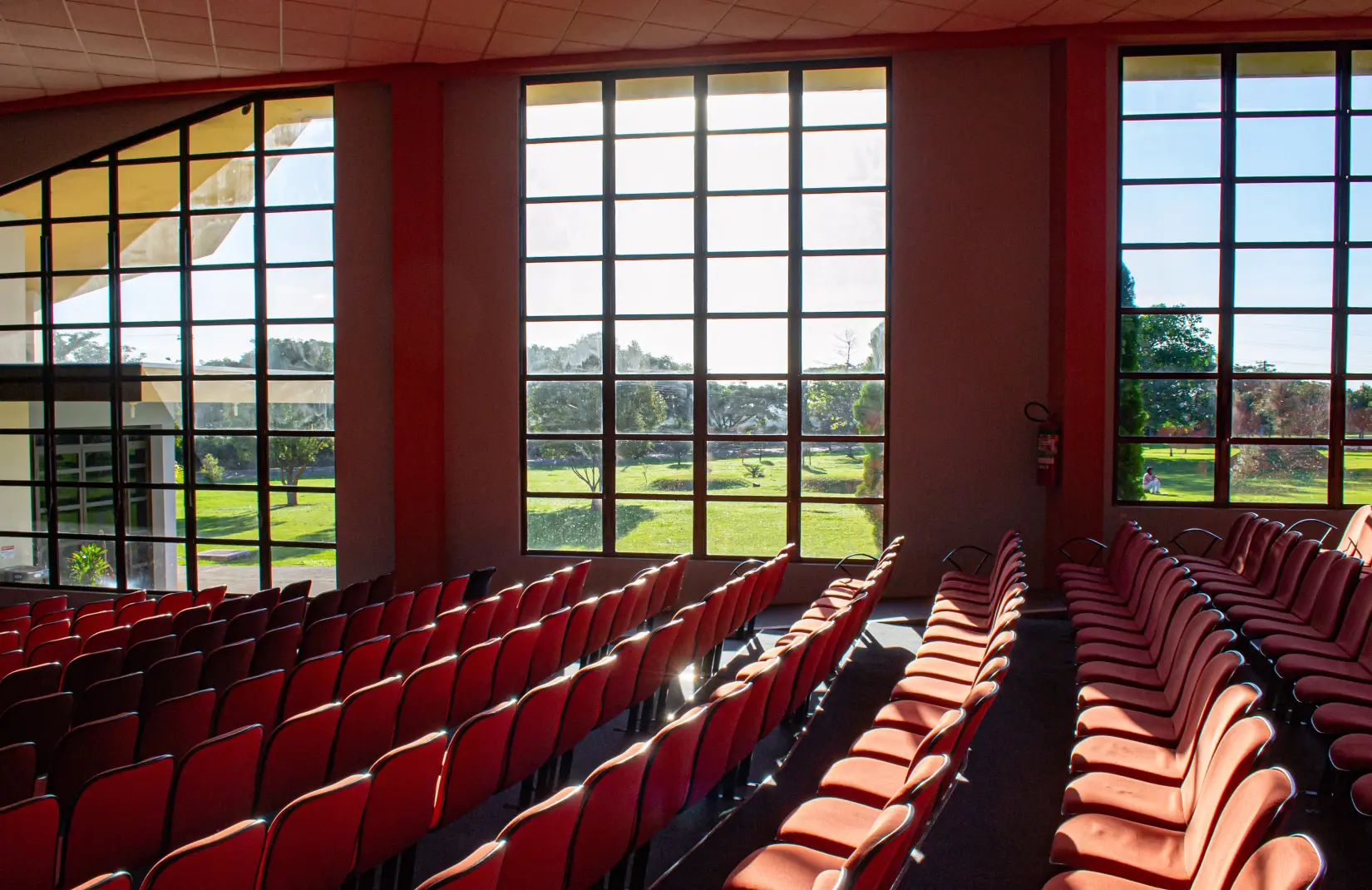
An organ of the homeowners' association
If a residential property has several owners, they may only make decisions about it jointly. Decisions made by a homeowners’ association include repairs, finances and general regulations on harmonious coexistence between the residential parties. The owners’ meeting plays an important role here. At this meeting, owners make decisions that affect the property.

Definition of the condominium owners' meeting
The regulations regarding the owners’ meeting can be found in the German Condominium Act 2020 (Wohnungseigentumsgesetz 2020, WEG). Accordingly, the manager of a condominium must convene a meeting at least once a year. As part of self-administration, it is an important body in which resolutions and decisions are made democratically by the condominium owners. The meeting usually takes place in person, but in the wake of the coronavirus pandemic, virtual owners’ meetings are being held more and more frequently and are also permitted under the 2020 WEG reform.
Topics and resolutions
At a homeowners’ meeting, or WEG meeting for short, all topics of importance to the management and maintenance of the property are discussed. One of the matters regularly discussed at such meetings is the appointment and dismissal of the administrator. Under certain conditions, it is also possible to hold the owners’ meeting without an administrator, for example if the meeting is convened by mutual agreement. Among other things, the draft business plan for the following year, decisions on upcoming repair and maintenance projects and the annual statement of the property charges are discussed and decided at the meeting. The adjustment of the maintenance reserve for the future is also one of the topics discussed at the meeting. In addition, all key points of the house rules are determined at the meeting. At the condominium owners’ meeting, condominium owners can also elect an administrative advisory board or pass resolutions on special levies, which may be necessary if the property’s financial requirements are not covered. As part of the 2020 WEG reform, some significant changes were introduced to the WEG meeting and its resolutions. For example, the option was created to hold a digital owners’ meeting if face-to-face meetings cannot or may not take place.
Are you looking for an attractive investment property for your future financial planning?
Then you are sure to find what you are looking for with us. Put your trust in our many years of expertise in real estate investment and contact us today so that you can look forward to a secure tomorrow.

These invitation deadlines apply
The invitation to the ordinary owners’ meeting is issued by the administrator. It is issued in writing and sent to all owners at least three weeks before the scheduled date. The purpose of this period is to ensure sufficient time to prepare for the topics to be discussed and to provide the opportunity to submit proposals for topics and resolutions for owners’ meetings or subsequent agenda items. However, it is possible to set different invitation deadlines as part of a management contract or other agreements if all owners agree. Notices are sent by post, fax or e-mail. The date of receipt of the invitation is decisive for the start of the deadline, not the date of dispatch. In the case of invitations sent by post, the postal route must therefore be taken into account, and Saturdays, Sundays and public holidays are not counted.
Extraordinary owners' meeting
In the case of urgent matters that require rapid clarification, there is the option of convening an extraordinary owners’ meeting at short notice. This takes place outside the regular cycle of ordinary meetings. The need for such an extraordinary meeting may arise, for example, if immediate renovation measures need to be carried out on the building in order to prevent damage. Furthermore, an extraordinary owners’ meeting can be convened in the event of a change of manager. The meeting is convened either by the manager or, if the manager refuses to do so, by the chairman of the management advisory board or their representative. The requirements for the extraordinary meeting include that the invitation is sent to all owners in writing and that at least half of the owners attend. The value principle applies here, meaning that half of the co-ownership shares must be present.
Meetings in accordance with the Home Ownership Act
When voting at a WEG meeting, the head principle applies in accordance with the WEG. Each owner has only one vote, even if they own several apartments in the building. However, if the WEG agrees, it is also possible to apply the object principle, in which the number of apartments is decisive. If an apartment has several owners, they also only have one vote together. They must therefore act and decide by mutual agreement. Resolutions can be passed if at least half of the co-ownership shares are represented by the participants.
According to the WEG, ordinary owners’ meetings must be held at least once a year. More frequent meetings are also permitted, and extraordinary meetings can also be convened in urgent cases.
Whether an assembly may be held in person depends on the current regulations regarding infection protection. These may vary depending on the federal state. Under certain circumstances, it may be permitted to hold the owners’ meeting outdoors. Thanks to the 2020 WEG reform, there is always the option of holding a virtual owners’ meeting.
The meeting is held in camera and is only accessible to a specific group of people. These include the condominium owners entered in the land register and the property manager. If condominium owners are unable to attend, they have the option of appointing a representative. This should be done in writing and reported to the property manager in good time.
For the resolutions to be valid, at least half of the co-ownership shares must be represented at the meeting. This must be observed before any resolution is passed if, for example, owners leave the meeting early. The administrator must keep minutes for each meeting, which are then sent to all owners. These minutes contain all agenda items discussed and record the decisions taken. The minutes include information on the place, date and time of the meeting, the number of participants or shares represented, a determination of the quorum of the owners’ meeting and the proper invitation. The results of resolutions must be stated with votes in favor or against and abstentions. It must be signed by the administrator, the chairman of the advisory board and a condominium owner.
An extraordinary meeting can be convened if an important resolution needs to be passed in order to prevent damage to the common property, for example due to acute defects, or if it is necessary to dismiss the administrator. This may be the case if he or she is inactive, fails to implement resolutions or embezzles funds.
